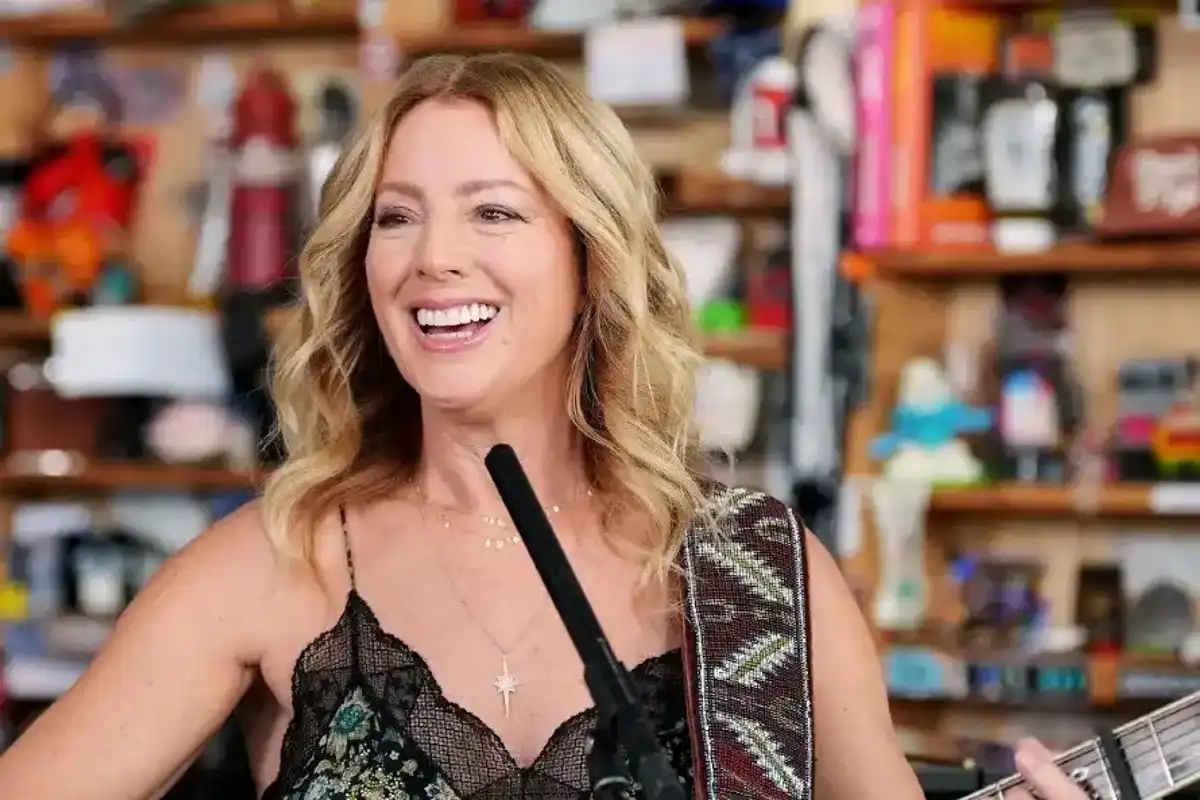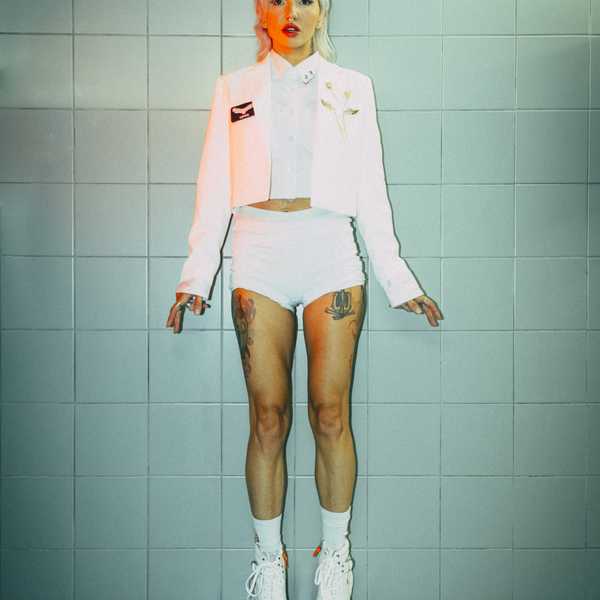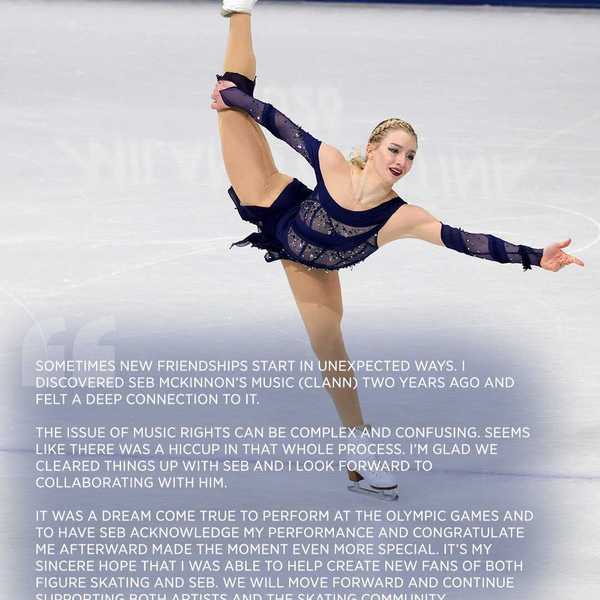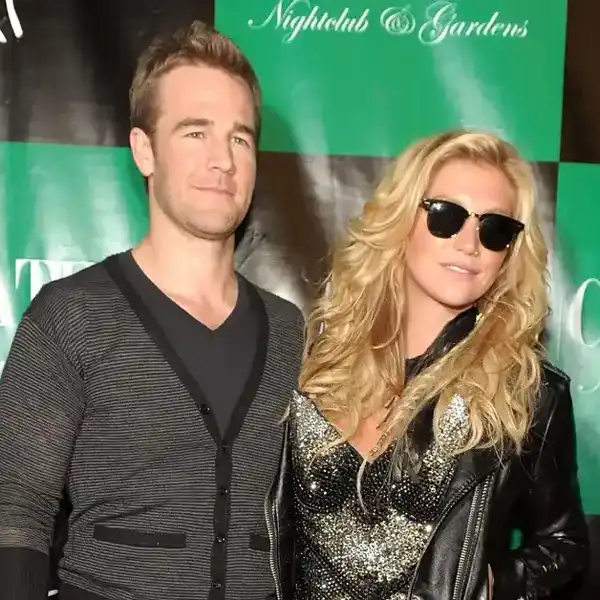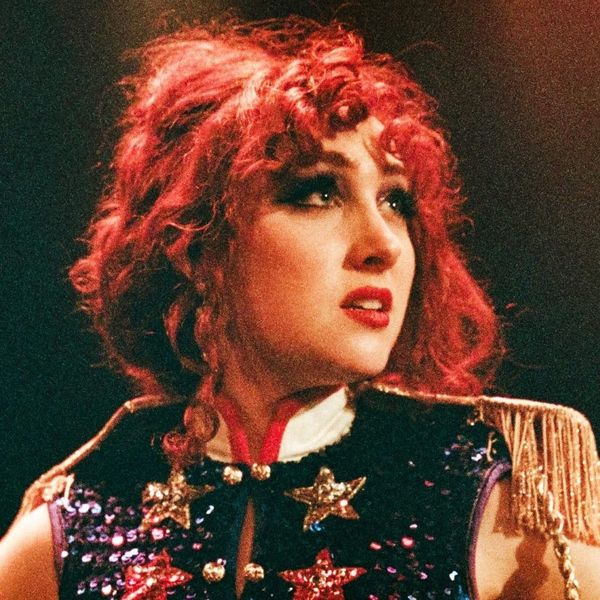A Conversation With ...George Koller
The versatile Toronto musician is a bassist, producer, composer, multi-instrumentalist and promoter of jazz, world and folk music through concerts and his home-grown label ZSAN Records. In this wide-ranging interview, he examines his long career and discusses the rejuvenating impact of the lockdown and the positive effects of tai chi and haiku.
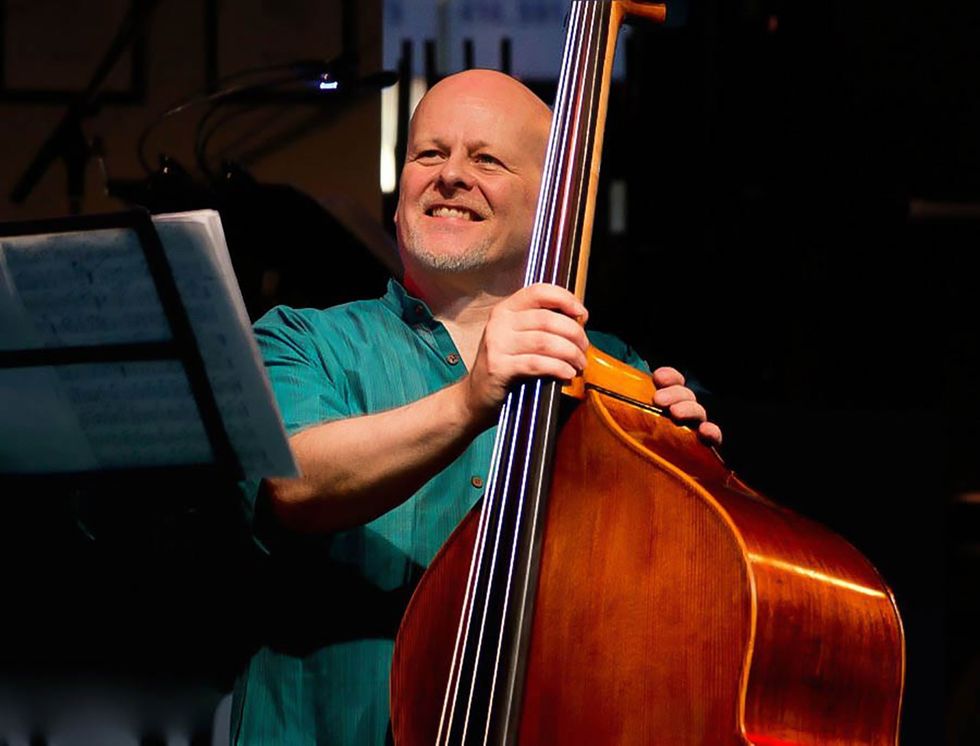
By Bill King
Reading George Koller’s bio/resume reads like a map of the last few decades of a forward-thinking Canadian music scene. Koller is and has been in the middle of change, much to do with his ability to bring an outside voice to any project and subtly enhance and embellish upon it. That voice is coloured in many shades and hues. What Koller leaves behind is specific, creative, innovative, and notable.
George Koller is a bassist, producer, composer, multi-instrumentalist and promoter of jazz, world and folk music through concerts and his home-grown label ZSAN Records (the zenith of science art and nature). In a wildly diverse and expansive career, he has worked with a highly eclectic list that includes Peter Gabriel, Eartha Kitt, Chaka Khan, Eddie Harris, Loreena McKennitt, David Clayton-Thomas, Jim McCarty (The Yardbirds), Ian Tyson, The Shuffle Demons, Laila Biali, John McDermott, Larry Coryell, Karrin Allyson, Phil Woods, Michael McDonald, Carvin Winans, Sonny Stitt, Valdy, Eliana Cuevas, Holly Cole, and many others.
A prolific composer, producer and bassist, George plays a variety of instruments, many of which are featured on his award-winning debut solo album Music for Plants, Animals and Humans. He has performer/bassist/ credits on over 1600 albums in various genres and producer credits on at least 250 albums. Some recent producer credits include Biali, Fern Lindzon, Cuevas, Clayton-Thomas, Rita Chiarelli, Monsoon, Near East, June Garber, Lara Solnicki, Julie Michels, Linda Carone, Shuffle Demons, Toronto Tabla Ensemble, and Jim McCarty.
George has also recorded numerous yoga/meditation/wellness albums such as Cello by the Sea, India, Bali, Breathing for Relaxation, Peaceful Harmony, Zen Tranquility, Zen Harmony, Zen Serenity, and Rest Well for labels such as Dan Gibson's Solitudes, Sommerset Records and Avalon Records.
George was awarded the HMV "fresh blood" grand prize, has been voted National Jazz Awards Bassist of the Year, has a Toronto Star critics award and 2 Porcupine awards and has been on many Juno award-nominated and winning albums. His latest solo album is called Secret Space Program. George continues to release digital singles on his ZSAN Records label and in 2020 he began a special series of singles from various artists recorded in studio sessions called Orphan Songs, where he is highlighting unique and stand-alone compositions that have not found their homes in an album.
Bill King: You are one active person. You must feel you’ve been strapped to a chair and nailed to the floor?
George Koller: I’m creative and have enough places for my creativity whether it be art or writing haikus or music of course. What I did was revitalize my Tai Chi training which I’ve done for many years and use as a way to focus. I’ve walked a lot, long walks even in the barren lockdown Toronto. No car sounds or people. I kept my body moving. I think that was the key. Rediscovering my Tai Chi form and getting it refined was probably the most important thing. I also gardened for the first time in my life. I grew some interesting plants. There was one that was ten feet tall. I have a lot of different instruments as well. The bass is there, of course, guitars, and all of the Indian instruments. If I need some stimulation, I just pick up an instrument I haven’t played in a while and have some fun with it. I’ve always been cool with almost any string instrument.
Not going to the airport, not going on the road, not going into clubs, not going into recording studios is a big change for anybody especially since I was doing that almost every day. I’ve relaxed and remembered the reason I got into music in the first place which was, I just loved the sound of music and the sound of sound. It didn’t have to be for any gig or fame attached to it or money. I went back to the source of why I’m enthusiastic about sound and music in the first place. That took me back to, as many of us, being a thirteen year or twelve-year-old kid in your bedroom playing your instrument for the sheer joy of it with your hero’s posters on the wall.
B.K: It’s a time to remember and renew?
G.K: You get caught up on the treadmill of the business, the treadmill of the media, the treadmill of making a living, the treadmill of maintaining your network. All of these treadmills are like Ferris wheels spinning simultaneously, then they all stop, and you realize it’s OK not to be in the middle of that circus. I can be fine with that for a while yet hoping it wouldn’t go on for long but I was certainly happy with three or four months.
B.K: We may begin to leave this bubble by the fall. What do you think you will bring from this that may in some way influence the art of your living from then on?
G.K: I would hope I wouldn’t take anything for granted. My relationships with all my musician friends are priceless and I make sure every time I do have a situation where I’m actually playing with people, whether it be two, or three or four people, I will value it and make sure I really feel it.
B.K: Tai Chi and haiku, what role do these have in your life?
G.K: Haiku. I get these little word spurts that come to me in phrases or as things and hold them in the back of my mind then maybe over the course of three days I’ll get two lines that connect the dots. Sometimes it comes all at once and sometimes it comes in short fragments. It’s almost like songwriting. I like saying something that’s kind of multi-layered in a truly short space. I find that fascinating. How can you have multiple meanings in very few words? I just want to get better and better at it. I’m working on a book haiku. I’ve got a thousand of them. I just must pick the best.
Tai Chi is a never-ending learning. It’s so good for the body, the blood, the circulation, the muscles, the fluids. It’s such an old practice. Every time I go under one layer, there is another layer of meaning. It s a profound practice. I see these videos of older Chinese people, 100 years old, and you can see how they are still doing it and see how it helps them with their balance, their joints, and pliability. For me, now that I’m 62 any pliability you can add to your body the decades you are around is a good thing.
B.K: That curious boy from Edmonton made a long-lasting connection with music. When and how?
G.K: Piano lessons from age eight and nine and a bit of piano theory and then I walk into a music store and see these amplifiers and basses, I don’t know, I heard this sound coming from the electric bass and it just hit me. Then I was fortunate to be in a grade seven-string program in Edmonton which had a music program in all the schools whether strings or brass. My teacher would randomly put me in different string situations and put me in the viola section in the first class, but I knew I needed to play bass. This is a true story. I ran over to one of the bass players and offered him a quarter to change from bass to viola. It worked. I had to act quickly before he had a chance to hold the instruments. For me, it way much deeper than that. I had already known I needed to be on the bass, and everything started from that point.
Then came folk music, church music – it was the time of Jesus Christ Superstar; all those kinds of hippie-like musicals. We were playing those in church. I was in the Edmonton youth orchestra playing the best classical music. I would do summer music camps where I heard stage band and big band music for the first time. My interest in jazz was completely harnessed when I heard Blood Sweat and Tears, Tower of Power – all these fusion ensembles where jazz and rock came together. I was in rock bands, folk bands, symphony orchestras and more importantly and probably the best thing I ever did was sit in my bedroom with my bass and turn the radio from station to station and see how fast I could pick up a bass line or a counter line, harmony or even the melody. I like stations that played that music that musicians recorded that were remakes of the hit tunes of the day, orchestrate them, yet it wasn’t muzak. I particularly liked that because it featured complex tunes like Burt Bacharach, tunes with arrangements. I tried to ear train myself to be as fast as possible. It wasn't a game or anything like that, I just wanted to see how fast I could learn something by ear. I think that was the best training I ever did.
CHED radio, my friend’s dad was one of the owners, was “the” radio station in Edmonton that was connected to all of the pop and rock and CANCON –- so I had posters on my wall of Bruce Cockburn, Blood, Sweat and Tears, Dan Hill. A poster a week would come out and I had them all on my wall. By the time I got to Toronto thirty years later, I ended up playing with a lot of those people on my wall.
B.K: You’ve worked with Peter Gabriel, Eartha Kitt, Chaka Khan, Eddie Harris, Loreena McKennitt, David Clayton-Thomas, Dave Tyson, Shuffle Demons, Laila Biali, John McDermont, Phil Woods, Michael McDonald, Valdy, Elaina Cuevas, Sonny Stitt, and Holly Cole. You did a long stint with her?
G.K: I still work with her.
B.K: Then I get to the production credits: Biali, Clayton-Thomas, Lindzon, Eliana Cuevas, Julie Michaels, Shuffle Demons – a wonderful cross-section of artists.
G.K: I like the variety. I need the variety. It’s done me good. I respect those who have specialized because they get very high in one zone.
B.K: What do you think you bring to a recording session and why would an artist bring you in?
G.K: I have the ability in a sense to be a chameleon and can empathize with their direction, their needs and what they want. If the door is open and they want it, I can usually tell – then I can inject some creativity or some ideas. The number of ideas I contribute is dependent upon how open they are to that and how open their music is. I always want to serve the song. I don’t need the bass to stand out or do something spectacular unless it’s the type of music that wants that. I’m just as happy to play a long note with depth and precision as I am to play a creative lick that maybe no one might think of - the kind of coming from left field. Also, a positive attitude and if they want my creativity, I'll give them as much as they want. If they prefer more of a craftsman’s approach, I give them exactly that.
B.K: As a producer how do you govern a session?
G.K: I think the most important thing I’ve learned is casting. It’s everything. It’s just like a movie. I think the best results come from being a bass player who plays many styles, so I kind of know which musicians might make a great team. My first thinking is if I have four or five musicians in the room helping this artist who I am producing, will they get along, will the chemistry be right. That’s why the successful musicians in this world are great at what they do, but maybe they are also people people. Social skills are huge especially when you are crammed in a recording studio together. It takes the right sense of humour when to be quiet when to speak up. Being conscious of social cues helps people in their career. Also, creating an atmosphere for the best performance.
Sometimes the musicians that come on a session are also producers and they have to know they are wearing their musician hat not their producer hat. If you can establish upfront where everyone’s hat is, unless they are asked their opinion, things flow better.
B.K: A major highlight in your career?
G.K: Right off the top of my head maybe a week with guitarist Larry Coryell and drummer Claude Ranger at E. 85th St. Booker Dave Caplan called me about playing with guitarist Emily Remler, she couldn’t make the gig and was sick, so Larry Coryell took her place for a week and Claude Ranger was already out there. This would be 1986ish. I remember being so thrilled by that week and Larry was so knowledgeable and so good at everything. Also, some of the moments I spent with trumpeter Freddy Stone’s Quintet would be of the highest moments musically because he trained us to do something different. Playing with vocalist Karyn Allison in Japan. I don’t want to leave anybody out.
B.K: Anybody ever put the fear in you on stage?
G.K: You mean like old school stuff? Sure. I got schooled by pianist Wray Downes once. I was eighteen years old and called from music camp to come in at the last moment and sub for a bass player that couldn’t make the gig. It was Wray Downes and Buff Allen on drums. I’m eighteen and played a lot of jazz already and things are going well, we are swinging along when he said something to me while we are playing, and I couldn’t quite hear it. He must have said, “stay in the low register.” I’m walking away and going way up high on the bass into the upper stratosphere and kept doing it. He really barked at me hugely, majorly for playing up so high when I should have been down low. As an eighteen-year-old, you don’t really know that’s the way things are in jazz. You only got up there occasionally, but not as much as I was. It was a shocking moment where I thought, do I really want to go on in this business? I had Big Miller grab my bass once and say, “no man, it’s gotta roll, it’s gotta swing.” I had those onstage moments of old school training and appreciated it. I didn’t get them a lot because I came in on the tail end of that era but got enough to know what that was all about and didn’t mind it at all.

